Posted on 7/30/2023
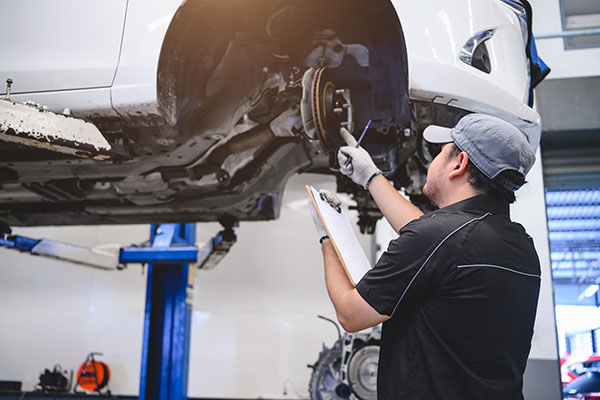
When you slip behind the wheel of a car, it's easy to take for granted the smoothness and stability that comes with each journey. But have you ever wondered what makes your ride so comfortable? Enter the unsung hero of the automotive world: the suspension system. From shock absorbers to control arms, the suspension system is a complex network of components that work together harmoniously to provide you with a comfortable and controlled driving experience. Let's see what parts make up the suspension system. |Springs At the heart of any suspension system lies the springs. These coiled wonders absorb and distribute the weight of the vehicle, providing support and maintaining a consistent ride height. By compressing and expanding in response to bumps and dips in the road, springs help minimize the impact felt by the occupants. |Shock Absorbers While springs handle the weight distribution, shock absorbers play a crucial role in damping the energ ... read more
Posted on 6/29/2023
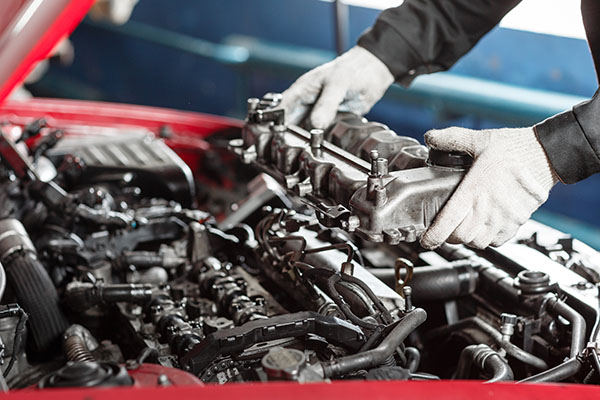
As the summer season approaches, it's essential to ensure that your car's air conditioning (A/C) system is ready to keep you cool during those scorching hot days, especially in California. Here are a few things you can do to ensure a properly functioning A/C: |Check the Refrigerant Level The refrigerant is the lifeblood of your car's A/C system, responsible for cooling the air that circulates inside your vehicle. Low refrigerant levels can result in inadequate cooling performance or even a complete failure of the system. Have a professional technician inspect the refrigerant level and recharge it if necessary. This will ensure that your A/C system is operating at its full cooling capacity, keeping you comfortable even on the hottest days. |Clean or Replace the Cabin Air Filter The cabin air filter prevents dust, pollen, and other contaminants from entering the interior of your vehicle. Over time, the filter can become clogged, reducing ... read more
Posted on 5/31/2023

Are you a car lover? Well, if you are here, you probably are. In this blog, we will cover a couple of interesting and cool brands that specialize in the making of car-related products. You can find anything from toys to clothing, so strap up and read along! Clothing - Donut Media Donut Media is a YouTube channel that covers all things related to cars. The thing that is most interesting here is that they also make clothing appeal. The list includes everything from T-shirts with popular Japanese vehicles to trucker hats with cool designs. They also sell stickers for you to customize your whip! Toys For Grown Ups - LEGO One of the most popular toy companies, LEGO, makes something that might pique the interest of car lovers all around the world. It's their series of vehicle models, which range from popular film cars to F1 replicas. If you are looking for a fun thing to do with your children, this just might be the right thing! Watches With ... read more
Posted on 4/29/2023
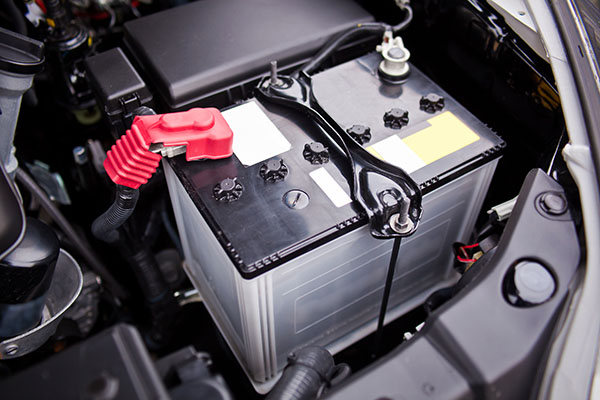
Understanding the common causes of car battery failure can help you take preventative measures and minimize the risk of unexpected breakdowns. Let’s skip the part with what a battery is because you probably know by now, taking into account you are reading this article.Car batteries have a limited lifespan, typically ranging from three to five years. Over time, the battery's ability to hold a charge diminishes, leading to eventual failure. Regularly check the age of your battery and consider a replacement if it is nearing the end of its expected lifespan.What Is The Most Common Cause?Extreme temperatures, whether excessively hot or cold, can strain the battery and accelerate its deterioration. In cold weather, the battery's capacity may decrease, making it more difficult to start the engine. High temperatures can cause fluid evaporation and internal damage to the battery. Take precautions in extreme weather conditions and c ... read more
Posted on 3/30/2023
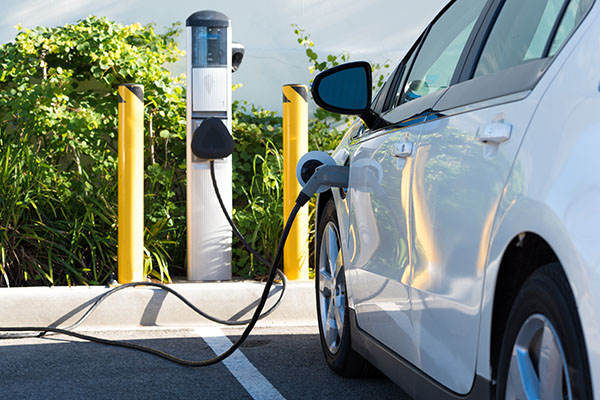
Hybrid vehicles are becoming more popular around the world due to their environmental benefits and fuel efficiency. While these vehicles have many advantages, they can also cause problems. This article will go over the top five hybrid car issues you should expect. Things like battery failure, brake system malfunction, and engine issues are to be expected, but if you want to know more, continue reading. 1. Batteries Going Bad Hybrid vehicles are called hybrids because they have both an engine and battery cell-powered motors. And with the constant use of the batteries, they tend to wear out and start malfunctioning. Or even if they are completely okay, age starts to take away from their capacity. This is one thing to keep in mind and to check up on regularly. 2. Fuel Efficiency Gets Worse Over Time If your hybrid vehicle starts having worse fuel efficiency over time, that's completely normal. The battery loses charge capacity resulting in lower r ... read more
Posted on 2/28/2023
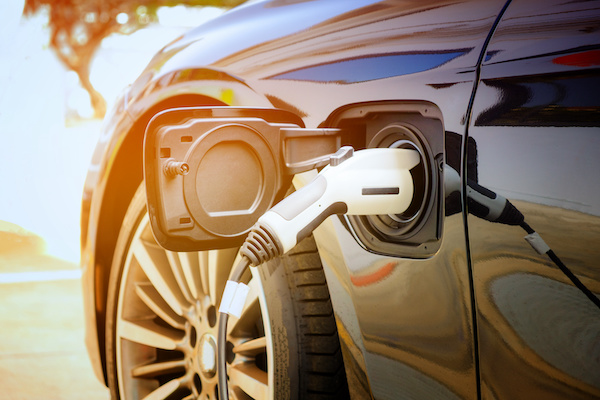
Hybrid vehicles are becoming increasingly popular as people look for ways to reduce their carbon footprint and save on fuel costs. As with any vehicle, hybrid cars require maintenance to ensure they continue to operate efficiently and effectively. In this blog, we'll explore what hybrid vehicle services consist of. Battery Services The battery in a hybrid car is a critical component of the vehicle's hybrid system, providing power to the electric motor and storing energy generated during regenerative braking. Regular battery maintenance is essential to ensure the battery operates efficiently and prolongs its lifespan. The procedure includes testing the capacity, cleaning the terminals, and replacement if necessary. Brake Services Hybrid cars use regenerative braking - a system that recovers the energy generated during braking and stores it in the battery. While this system can reduce brake wear, regular maintenance is still required to ensure the brakes are working correctly ... read more
Posted on 1/30/2023
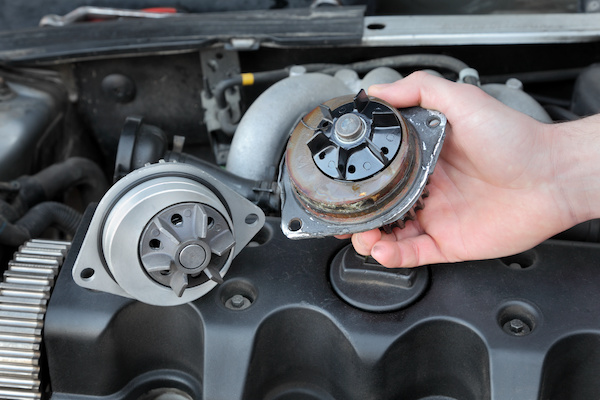
The water pump plays a major role in the vehicle cooling system. It ensures coolant flows in and out of the engine to keep it at an optimal running temperature. Therefore, a failing water pump can put your engine at risk of serious damage. If you’re wondering how to tell if you need water pump repairs or replacement, keep on reading. Leaking Coolant The water pump carries coolant and ensures the motor gets a sufficient flow of it from the radiator. Over time, the seals on it can wear out and crack. That is why you might find coolant leaking from the water pump. If you notice a coolant puddle underneath your car, please bring your car to Complete Car Care Encinitas. Rusty Water Pump With old age, the metal on the water pump can corrode and rust. Rust tends to go unnoticed especially if you don’t have the cooling system regularly inspected. For older vehicles, please have your water pump checked for leaks. Bad Drive Belt or Pulley In most vehicles, the water ... read more
Posted on 12/30/2022

When you attended driving school, there was a whole list of things you should and shouldn't do when driving. Mostly because of safety reasons but also to protect the health and condition of your automobile. Some of the habits you might have been advised to avoid include; Racing Through Speed Bumps When raced over at incredible speeds, speed bumps have a severe impact on your car's handling, suspension, and equilibrium. Speed bumps are intended to keep both motorists and pedestrians secure. Slowing down while nearing a speed bump can save your automobile and that of other drivers around you. Overloading your Car Modern automobiles are built to bear big weights, but this doesn't imply they cannot be overburdened. Your vehicle's owner's handbook will typically inform you of its load capacity, so you can also have an idea of how many bags you should take overall, an exercise that is frequently pushed to the limit when relocating to a new house or traveling on a len ... read more
Posted on 11/26/2022
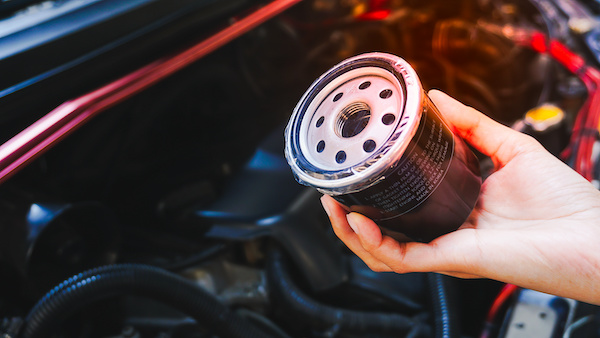
Oil filters are responsible for keeping harmful contaminants away from the engine and improving oil flow. In other words, it helps motor oil flow freely and cleanly throughout the engine to keep the components lubricated. Understanding how the oil filter works will help you understand why you should never skip this step during your oil change. What Do Oil Filters Do? Oil filters collect all kinds of dirt, sand, debris, and metal fragments that are floating in the engine. After some time, these particles can increase wear and tear on your engine parts, leading to premature damage. The oil filter collects these contaminants and limits them from getting in the way of your engine performance. When Should You Replace the Oil Filter? You should change the oil filter at every oil service. When they are done together, it makes things easier to remember. It also makes sense since the two maintenance services go together. Please refer to your owner’s manual for specific oil ... read more
Posted on 10/29/2022
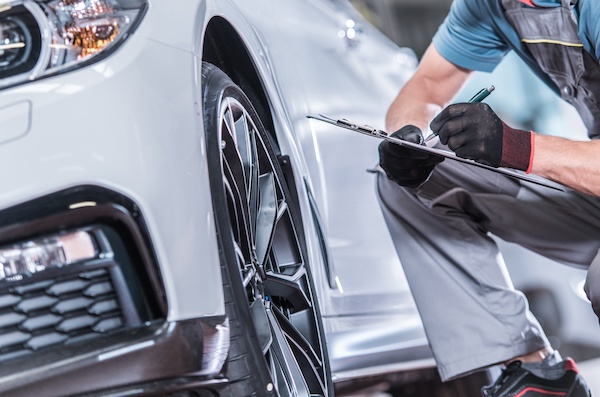
30/60/90k maintenance simply refers to factory maintenance or factory scheduled maintenance. This is the regular maintenance schedule which is scheduled by the manufacturer of your vehicle. This maintenance schedule is very important for your vehicle's overall health and it will help you avoid any major costs of repair later on. What is the Importance of 30/60/90k Maintenance? There are many reasons as to why you should follow this factory maintenance schedule. Some of these are that: Not following your factory maintenance could lead to your vehicle warranty being voided. Following the schedule could help you curb bigger problems in future. A tiny problem when not attended to get later become a major problem. It can link than the life span of your vehicle. Having a mechanic check your vehicle at the schedule time could help him come across any problems before they have become major issues of concern. This will then help ... read more